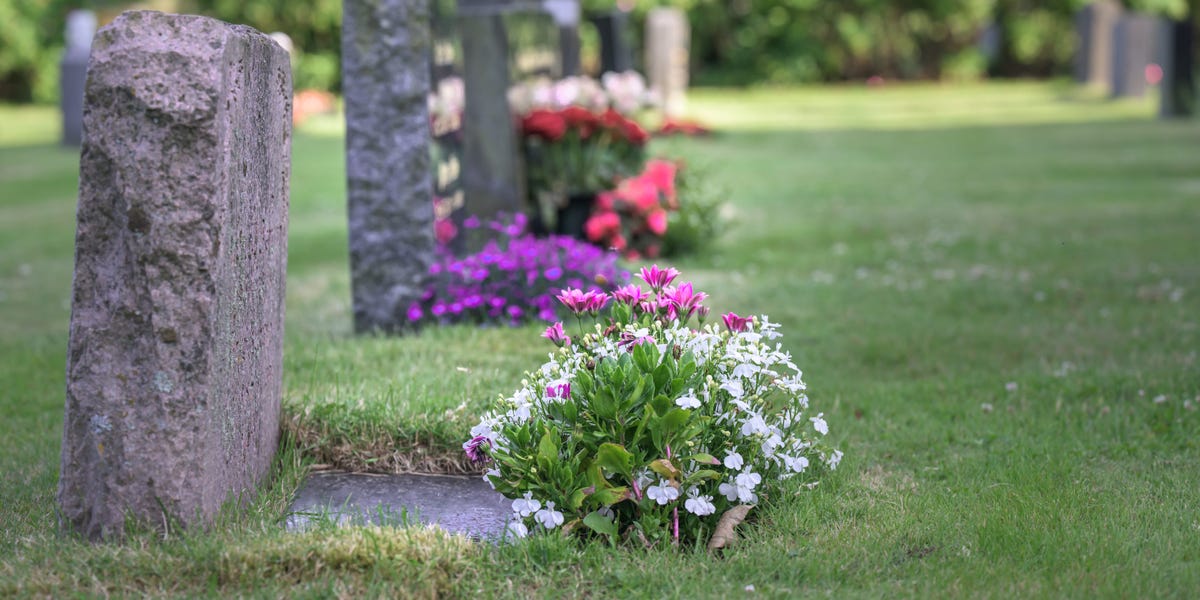Breaking Tradition: How One Couple's Funeral Planning Defies Grief's Dark Palette

As we sat together in the quiet aftermath of my father-in-law's memorial service, a profound conversation unfolded between my husband and me. The emotional tribute we had just witnessed sparked an intimate dialogue about our own final wishes. Surrounded by memories and reflections, we found ourselves exploring a topic many couples shy away from—our own eventual farewells.
The memorial had been a beautiful celebration of life, filled with heartfelt stories and tender moments that honored my father-in-law's journey. It prompted us to consider how we might want to be remembered, what legacy we hoped to leave behind, and the type of sendoff that would truly reflect our individual spirits.
With unexpected openness, we began sharing our thoughts about funeral preferences—from the music we'd want played to the memories we hoped would be shared. It was a surprisingly tender and meaningful conversation, transforming a potentially somber topic into a moment of deep connection and mutual understanding.
What started as a reflective discussion following a family loss became an opportunity for us to express our most personal wishes and strengthen our bond, reminding us that conversations about life's final chapter can be both profound and comforting.
